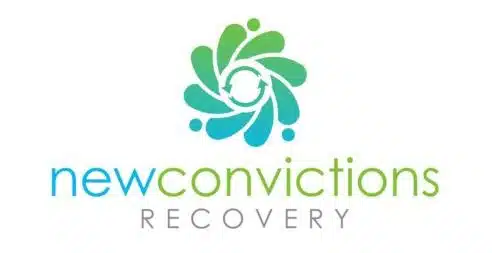Sex addiction is an affliction that affects over 20 million Americans.
As with other types of addiction, sex addiction can have a detrimental effect on your relationships and family life. If you haven’t gotten treatment for your addiction to sex, addiction therapy could be part of the solution.
In this post, we’re going to explain the role therapy plays in treating sex addiction. It’s just one vehicle on the road to recovery, but keep reading and you’ll see that sex addiction counseling can help you understand and manage your addiction.
Understanding Sex Addiction
Sex addiction can be difficult for most people to empathize with. Proper diagnosis is the key to sex addiction treatment. Although hypersexuality (also known as sexual addiction) is not a formally recognized diagnosible disorder according to the Diagnostic Statistical Manual of Mental Disorders (DSM), it can often be a byproduct of other mental disorders such as bipolar disorder, depression, or anxiety.
When you speak to a healthcare professional, they may ask you about your current health. Finding out if you’re currently on medication or if you’ve got a family history of mental illness can be a key to diagnosis.
They’ll probably also ask you about your alcohol and drug use. This often plays a role in sex addiction as well. Lastly, they’ll want to better understand your urges and how much control you have over them.
The Role of Psychotherapy
With a better understanding of what you’re going through, your doctor can diagnose you. Medication may be an important aspect of treating your sex addiction, but so will therapy.
There are a variety of psychotherapy techniques that could help you. Mainly, your therapist will want to identify the factors that contribute to your excessive sexual urges. This could involve going through past traumas or experiences to find triggers.
Cognitive behavioral therapy focuses on how you can replace your negative thoughts and actions with positive ones. Commitment therapy will have you accepting your thoughts and changing your relationship with them. Motivational interviewing helps you place your sex addiction in context with your values and goals.
Your therapist may use one or more of these techniques to help you manage your sex addiction.
Support Group Therapy
Group therapy is another option. This is modeled after the AA 12-step program that allows you to speak about your sex addiction in a group of fellow addicts. Speaking openly about addiction to people who understand the plight of sexual addiction can be beneficial and therapuetic. The beginning of the sexual addiction cycle starts in the recessess of one’s mind; therefore, the more it is brought out in the open in the context of support groups and relationships, a more successful outcome can be reached.
There are several 12-step organizations across the country that address sexual addiction such as Sex Addicts Anonymous, Sexaholics Anonymous, and Sexual Compulsives Anonymous. For other fellowships that are not 12-step focused, you have SMART recovery (utilizes therapy and empirical techniques in a support group) and Celebrate Recovery (for those of religious persuasion).
Take a Non-Traditional Approach
If you have found that traditional therapy does not work for sex addiction help, it might be time for a new approach. At New Convictions, we take a holistic approach to help your body, spirit, and mind.
We work with sex addicts and their loved ones using a refined, faith-based method. With over 10 years of collective experience and education, we’ve come up with our own unique and effective way to treat addiction.
To learn more about how we can help you overcome sex addiction, contact us today.

